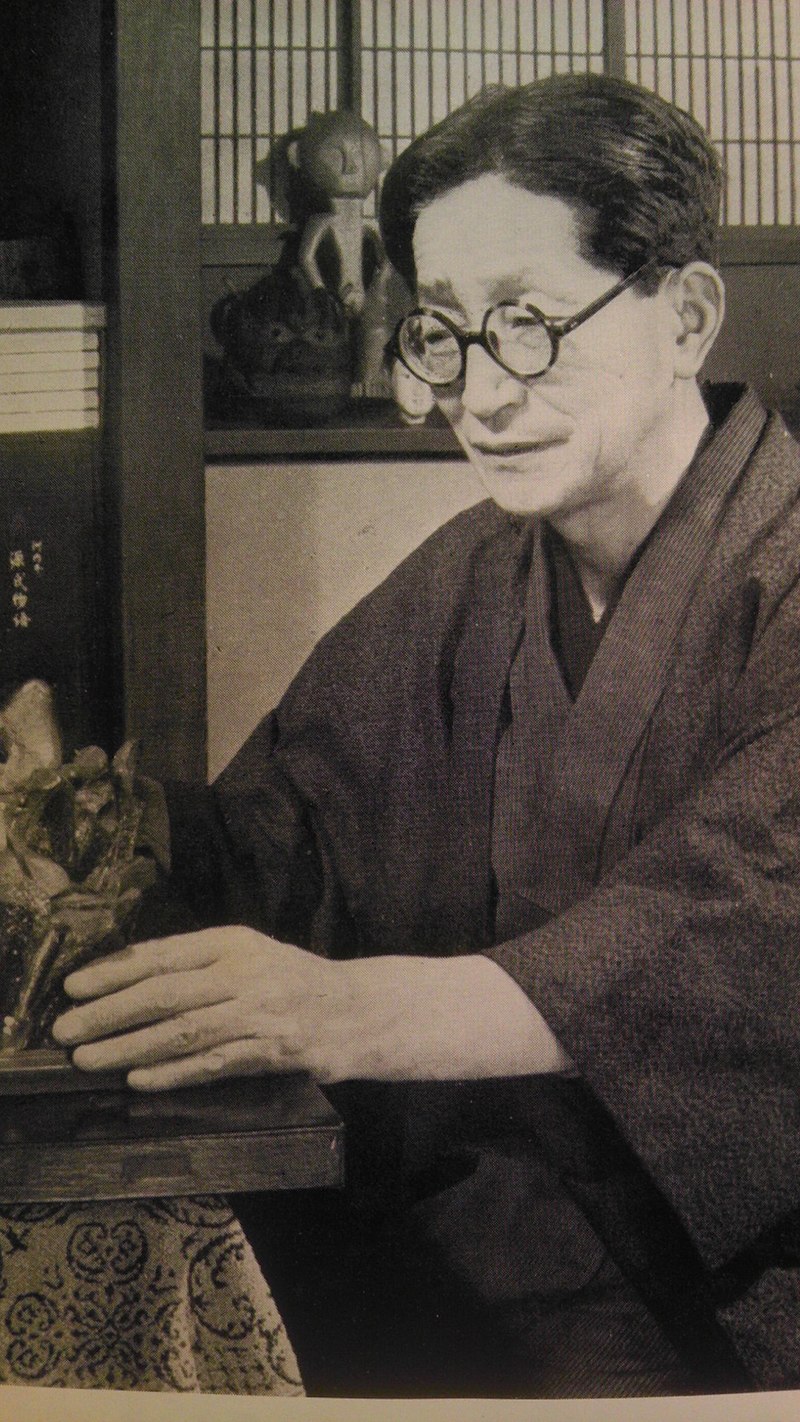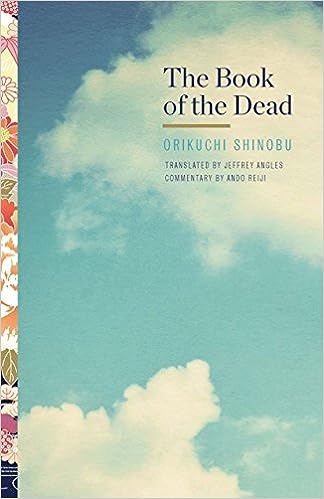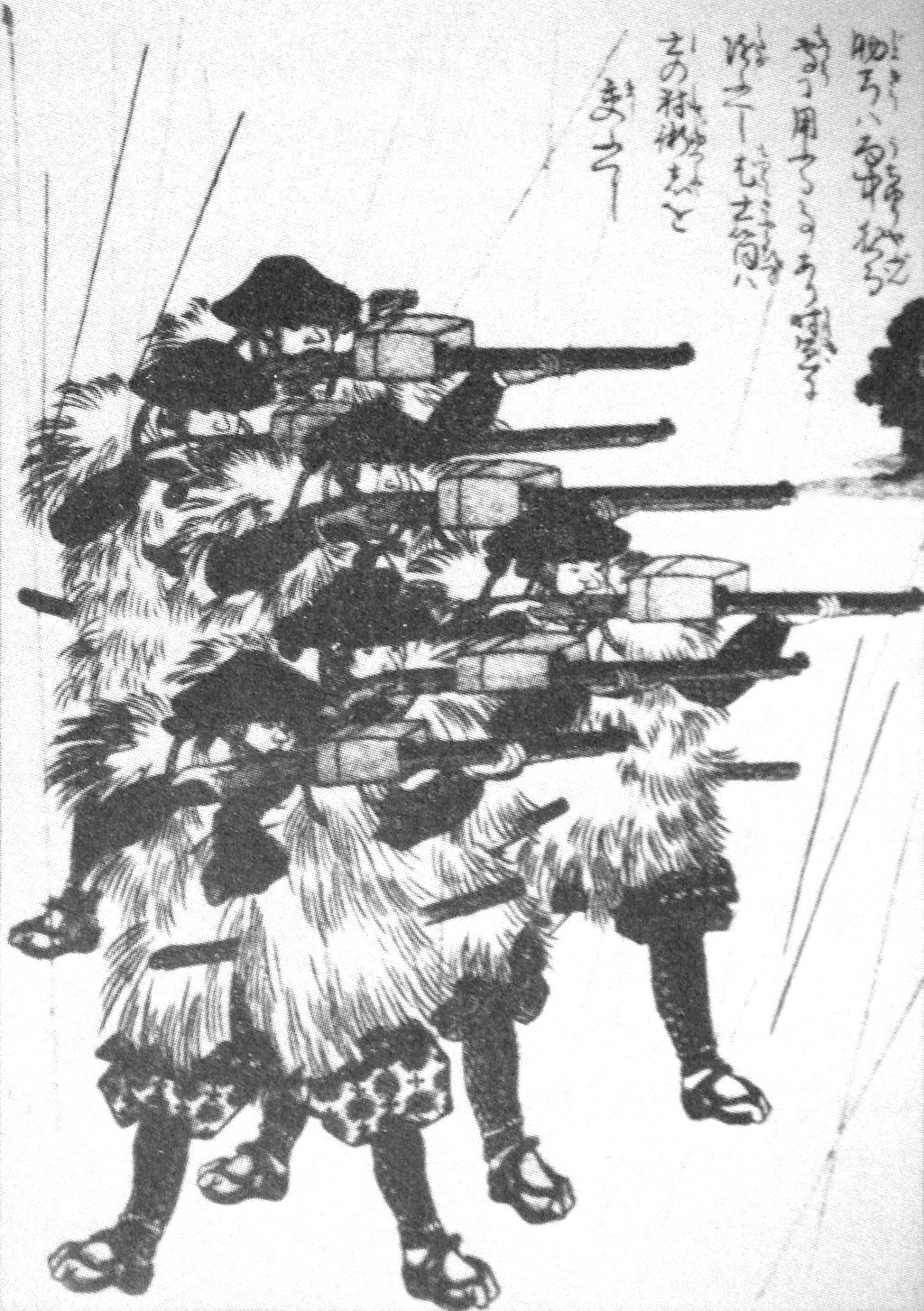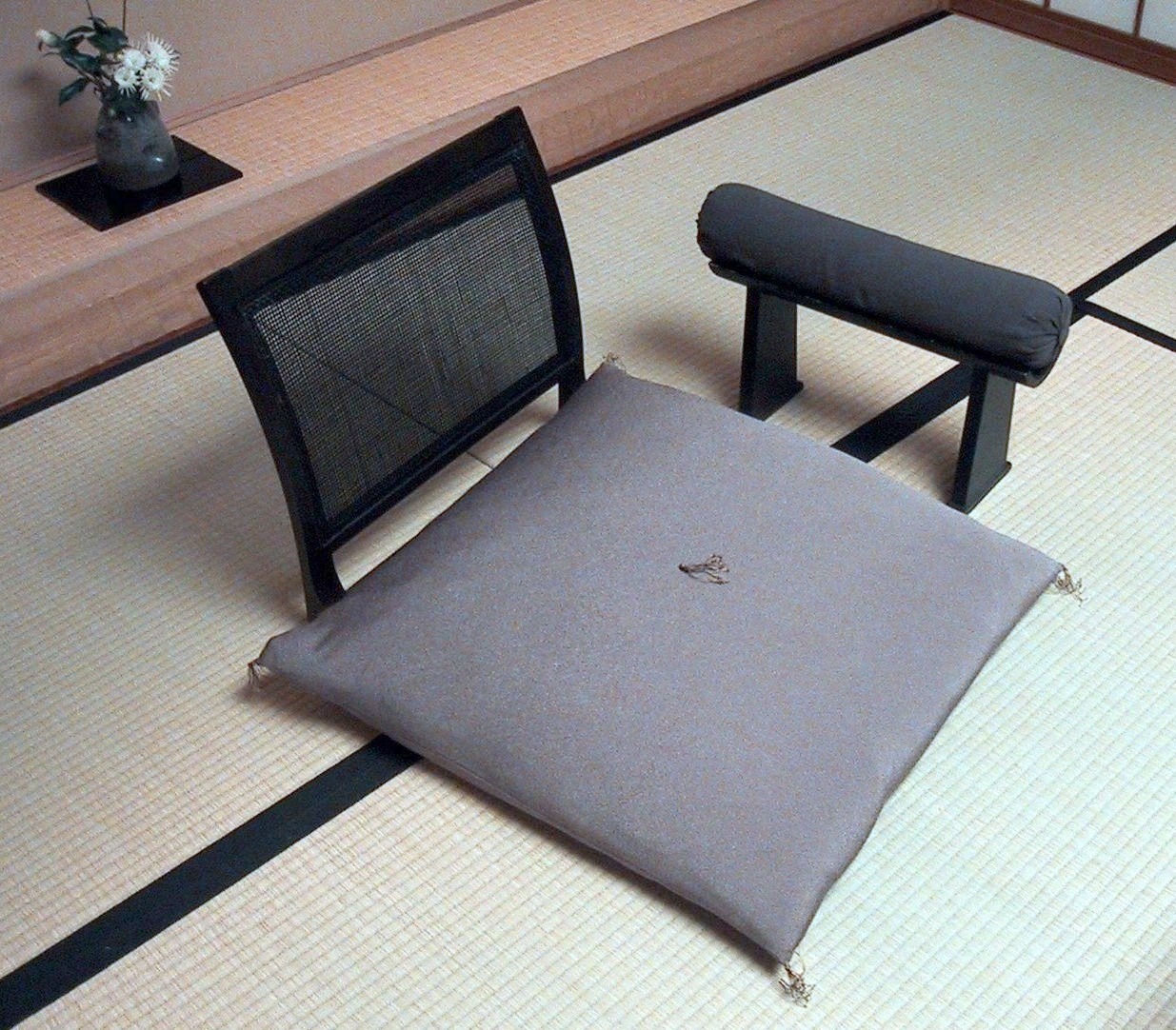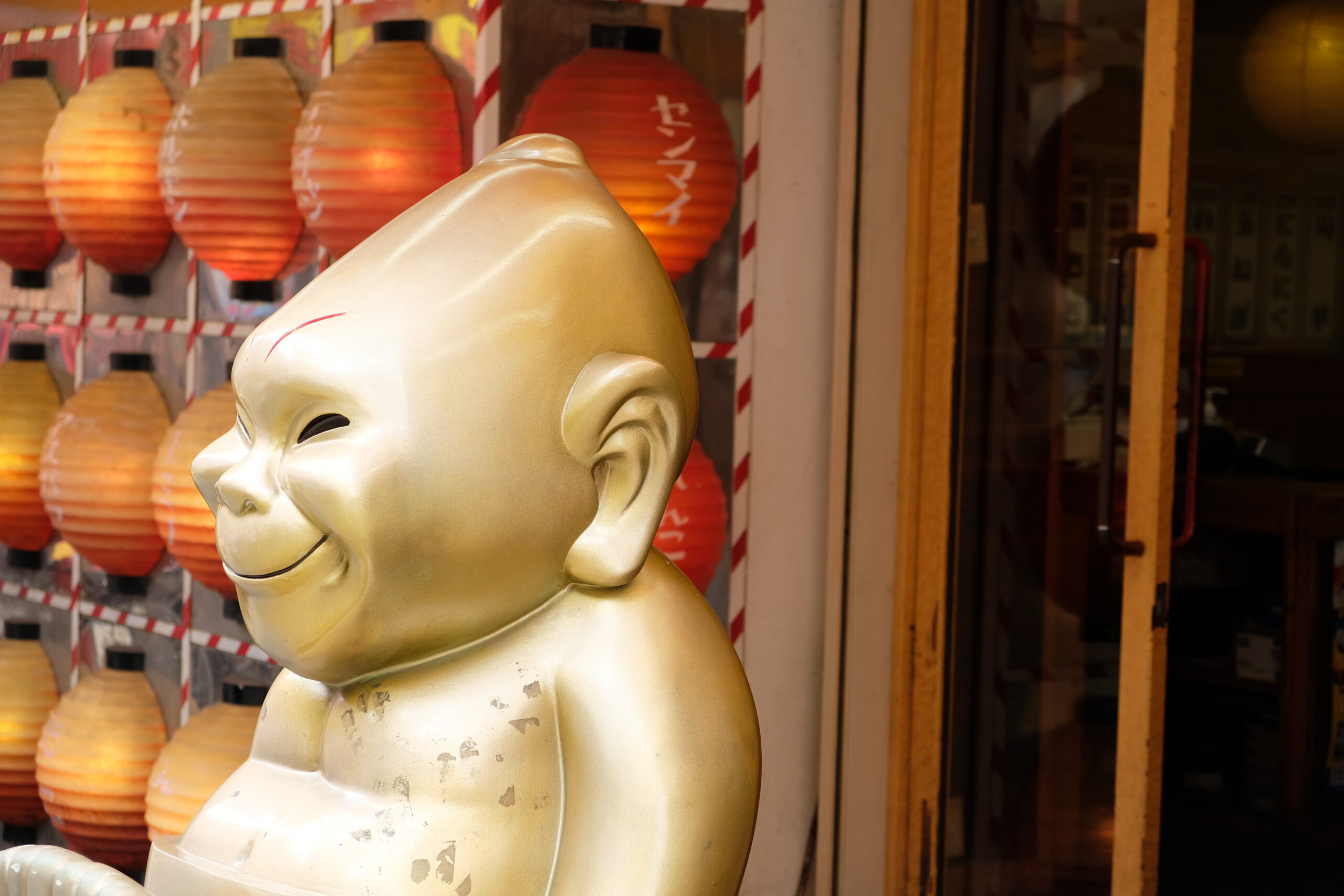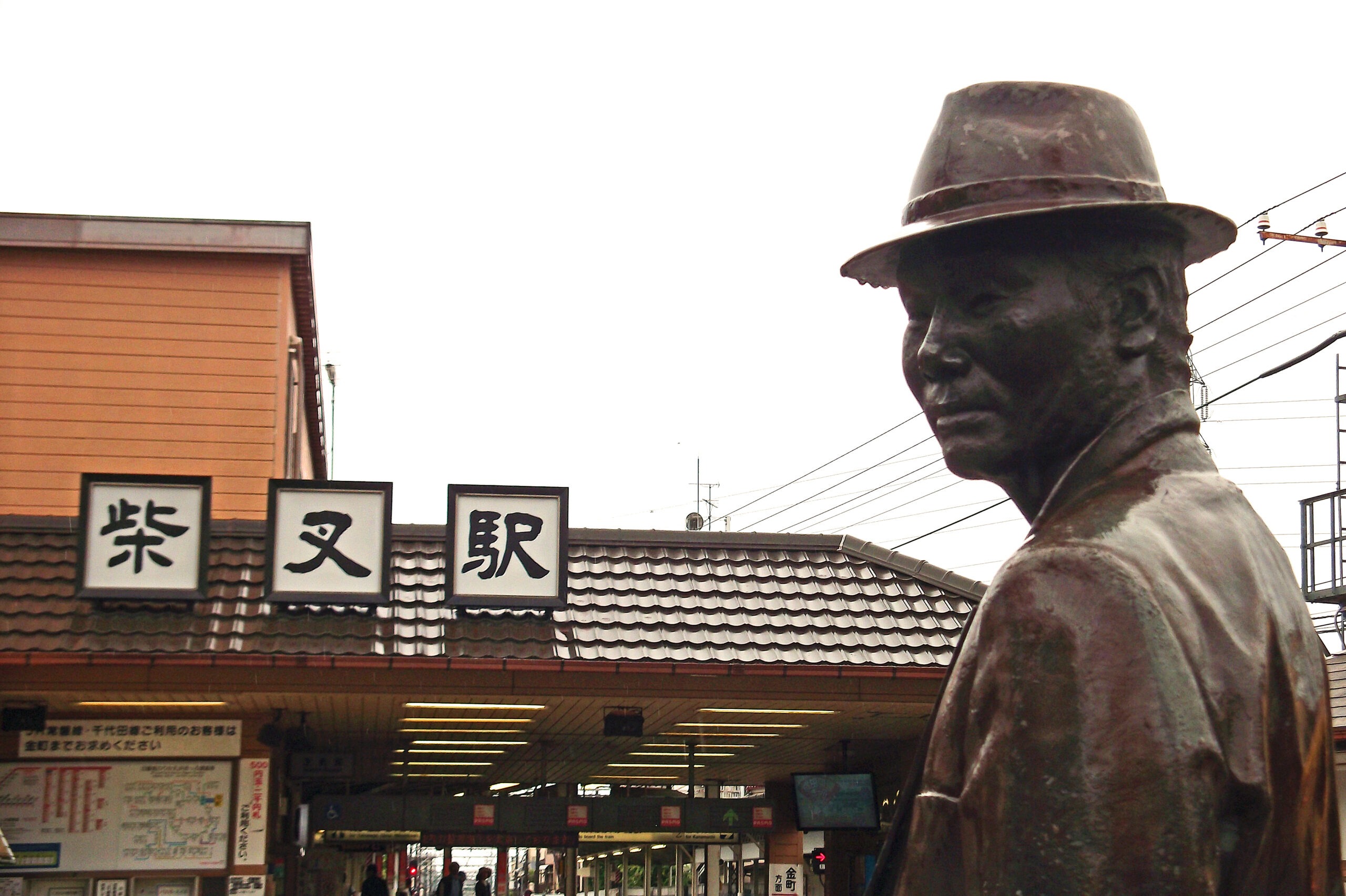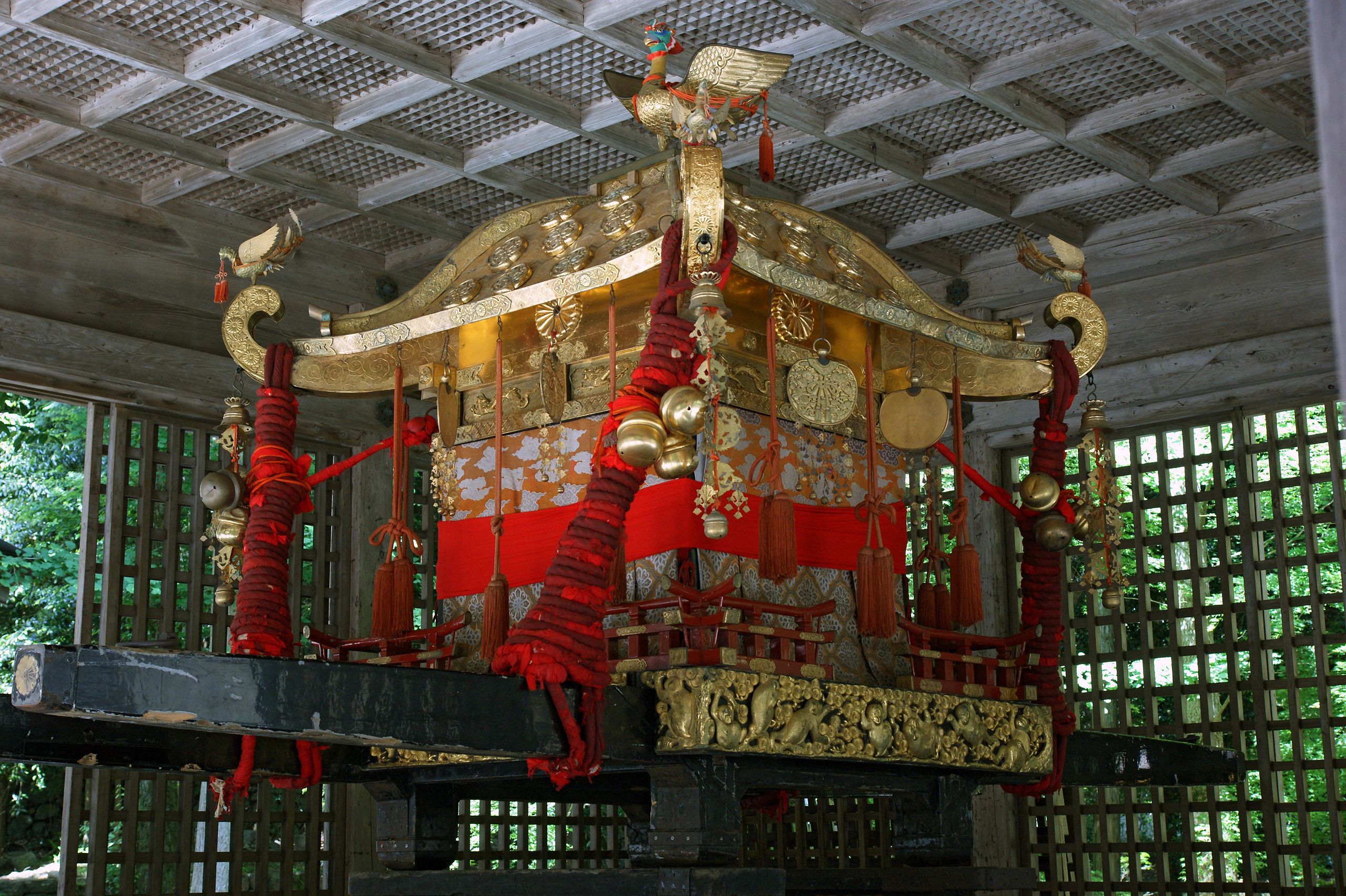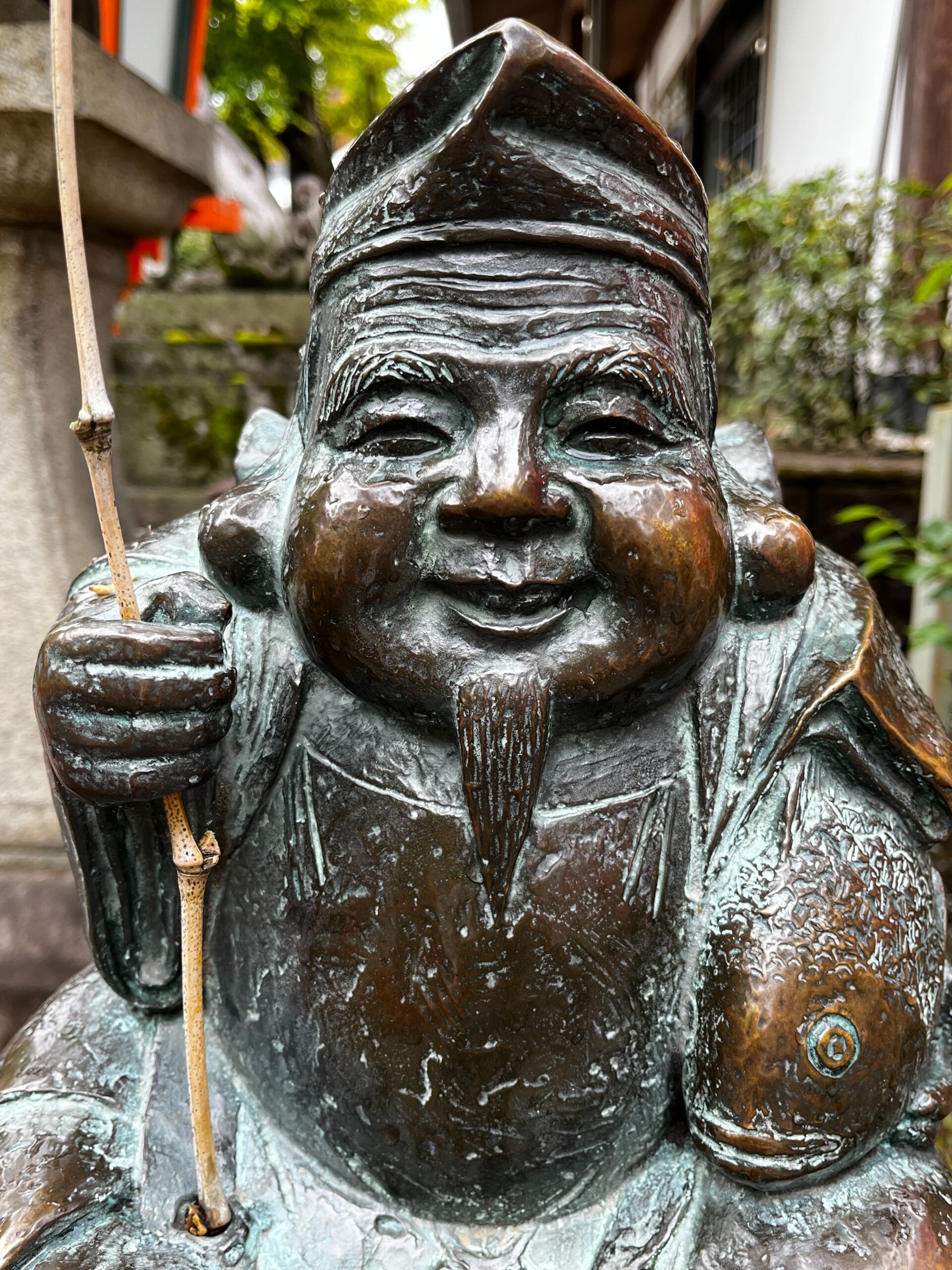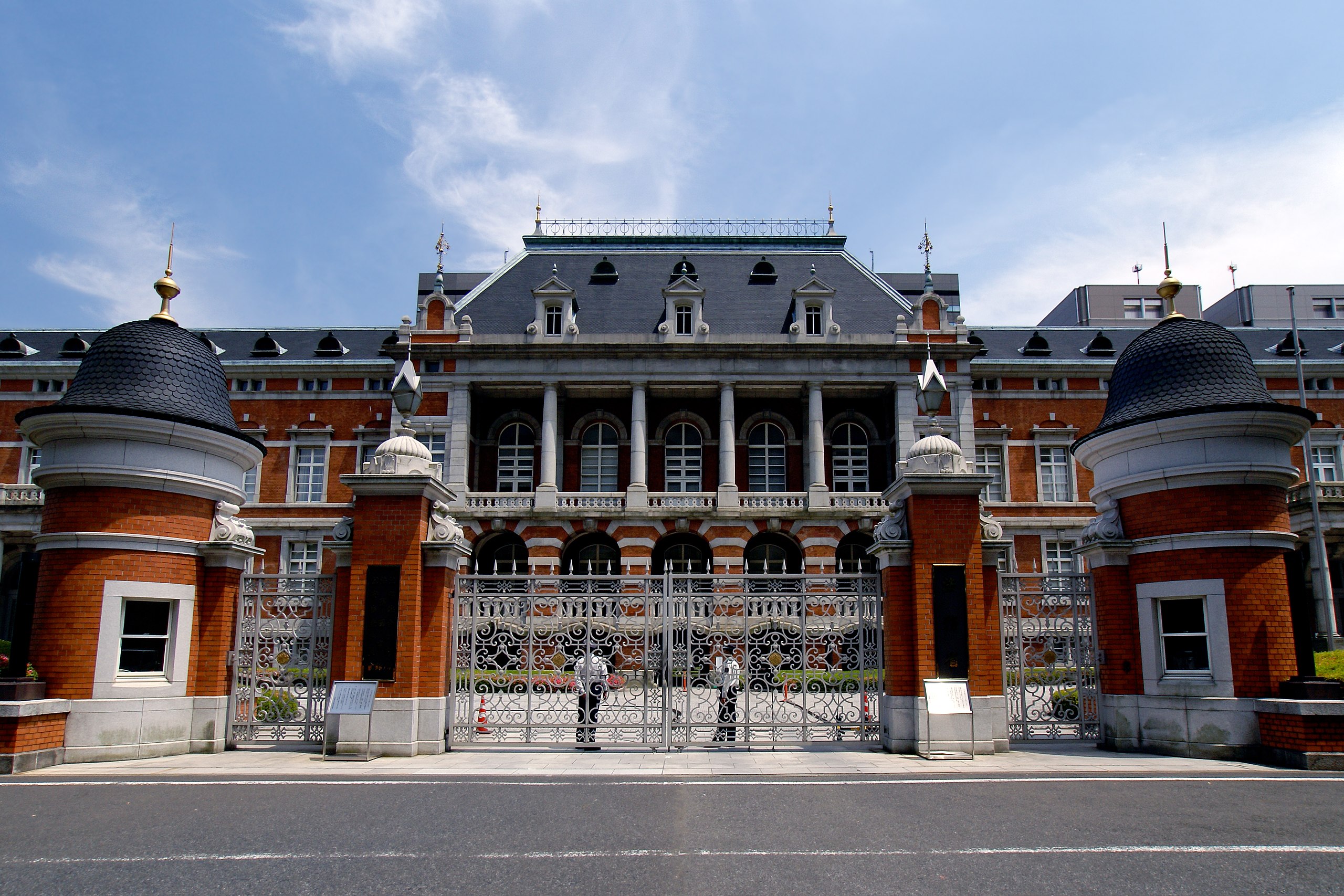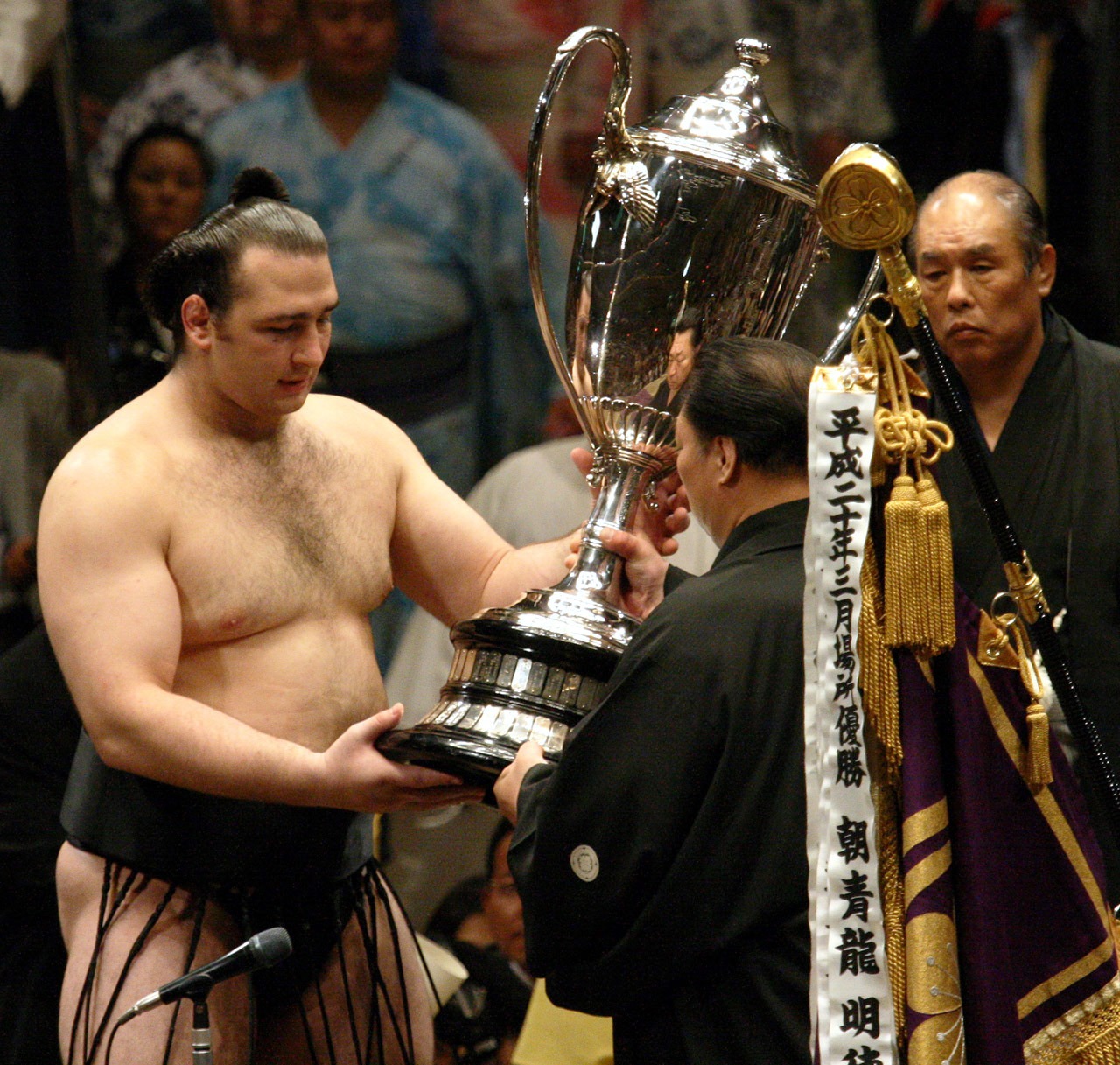
Marebito(visiting deities)
Occasional visits by strange guests
Japan is the land of the marebito. Literally translated as “rare people”, marebito is also spelled using the kanji characters which mean, “guest gods” or “guest people” and is a term coined by ethnologist, Shinobu Orikuchi. Orikuchi recognized the unspoken nature of Japan’s deities upon witnessing the Okinawan Shinto maiden ceremony, called Noro. The ceremony calls on deities from the utopian world of Niraikanai, far over the ocean. The gods never stay for long – they are visitors who, only at times, come from and leave for elsewhere. Unlike the god of Judaism, Christianity, and Islam, who rules from the heaven above, the countless deities of polytheistic Japan are visiting gods – occasional guests to the human world.
Gaijin: the key to revitalizing Japan
The welcoming attitude towards marebito helped shape unique Japanese customs for hostingguests, and can be found in many areas of everyday life. Banquet seating is a typical example: while a guest will be given the seat of honor, the positional relationship between host and guest is not as strict as it is in the West and changes depending on the situation. Should another important guest arrive, the host or the previous main guest may offer their seat to the new guest by turning their cushion over. Similarly, in a rakugo (comic storytelling) performance, entertainers always flip their cushions in respect for the next act. The shifting or switching between host and guest is a key facet of the marebito concept. Precious objects are placed on the household shrine, only to be taken down and replaced by another in time.
The respect for “visiting gods” embedded in culture also explains why Japanese people treat gaijin (foreigners) and imported goods with such deference. From the ancient Buddhist statues to the hired foreign specialists of the Edo and Meiji era governments, anything that came from overseas was given the marebito treatment. Even today, the Japanese vaguely realize that foreigners such as Donald Keene or Hakuho, as well as society’s radical outsiders such as Akihiro Miwa and Matsuko Deluxe, actually hold the key to revitalizing Japan.
The concept of marebito, which the folklorist Orikuchi Shinobu put such energy into elucidating, is a key for deciphering the workings of Japanese culture. It can be thought of as a term for spirits descending from the mountains or arriving here from the Eternal Land far across the sea.
Marebito can be written with the kanji 稀人 (rare person, unusual person) or 客人 (guest). Generally speaking, they were kami who appeared only occasionally in the villages and were seen by the ordinary residents (jōmin) as unusual visitors─strangers, in every sense.

